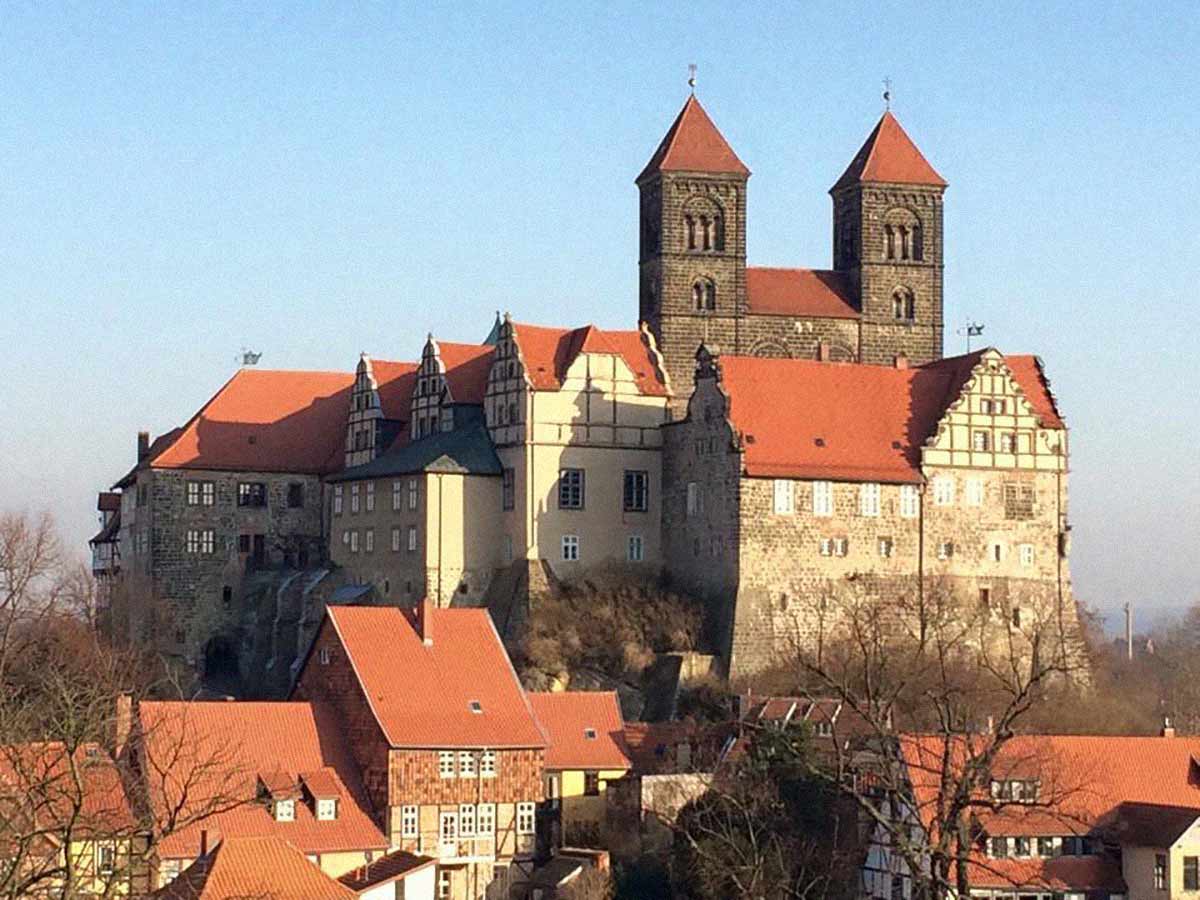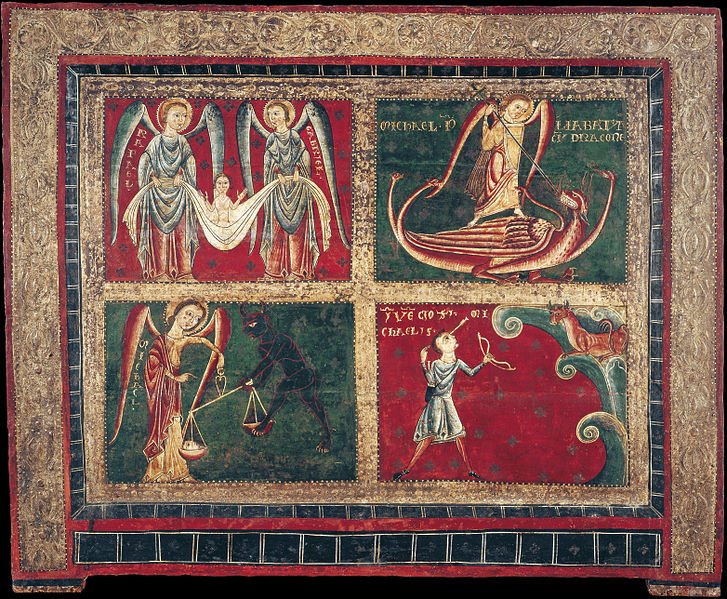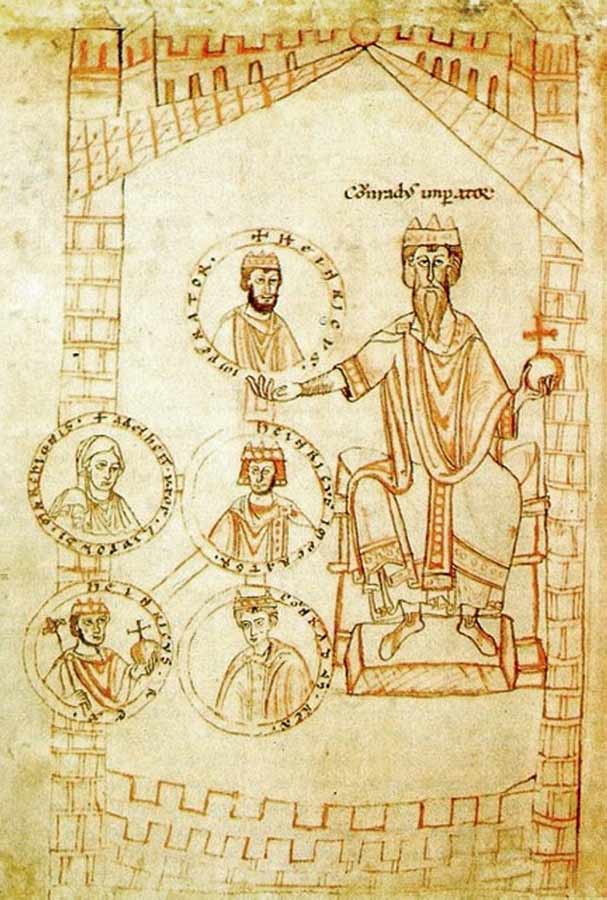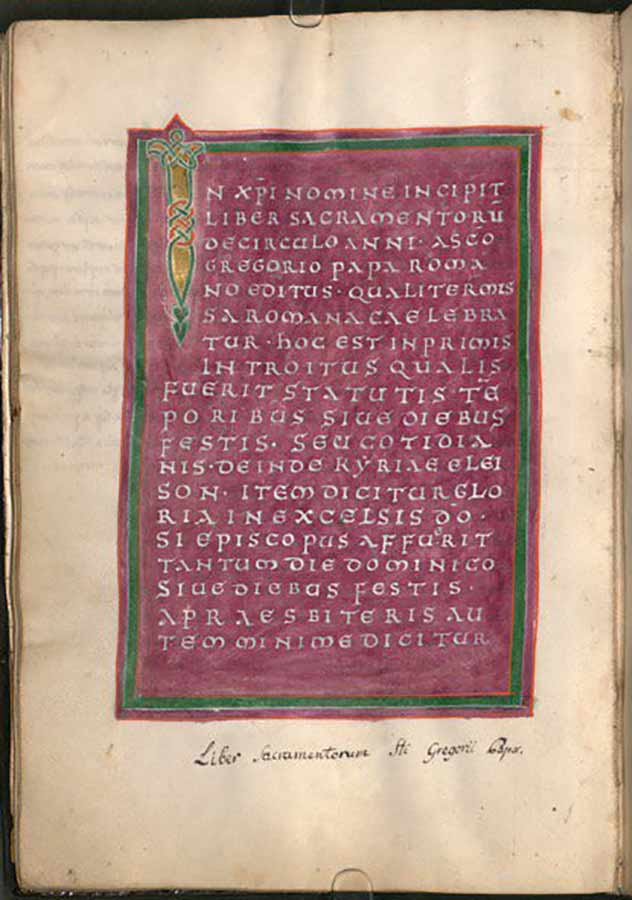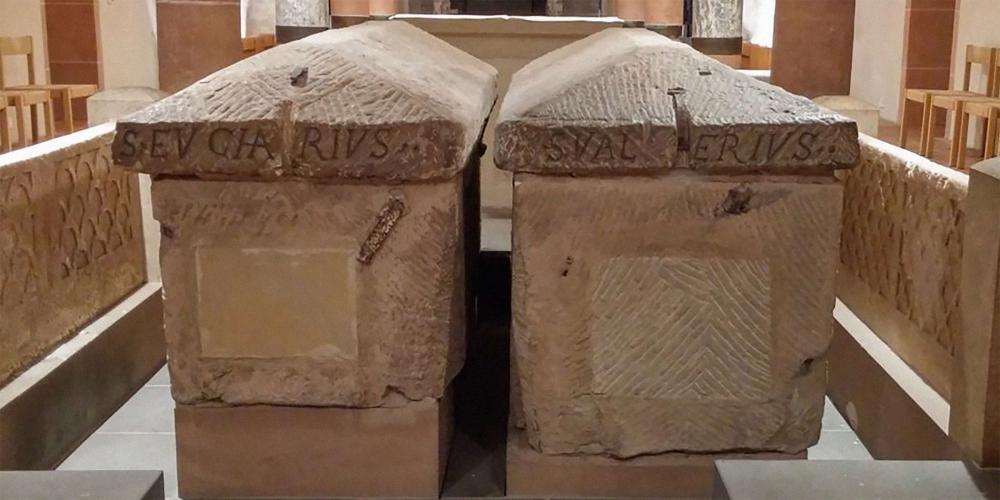
After Empire: Using and not using the past in the crisis of the Carolingian world, c. 900-c.1050
The tenth century is an overlooked moment in European history. It has played an important role as a starting point for the national narratives of modern countries including England and Germany.
However, it is often characterised as a ‘dark age’, a ‘century of iron’ in which the structures of the Carolingian Empire (751–888) collapsed and the map of medieval Europe took shape in the rubble. By rejecting these stories of nations or chaos as starting points for this project, the researchers seek to understand the tenth century on its own terms.
‘Uses of the Past’ is an ideal theme for this project because the absence of clear administrative or legal structures in the chosen period meant that action in the present often drew authority and legitimacy from claims about the past. The ways that contemporaries chose to use or not use the past – especially the Carolingian past – can be highly instructive to the historian.
Prof. Stefan Esders
Project Leader
Free University of Berlin
Germany
Focusing on legal, liturgical and historical attitudes to the past will therefore help the research team recapture the imagined landscapes of tenth-century Europe and to explore it not as a chapter in pre-ordained national narratives but as a case study in transition – an example of how people in the past dealt with crisis and rapid change in the political order.
The project will produce academic articles and monographs. It will also attempt to open up the period to a broader audience by providing online resources, including images and translated texts, for teachers and general readers.
To accomplish these goals the research team will collaborate with schoolteachers and with museums and archives in Austria, Germany, Spain and the UK. The team will also organise a public exhibition of related manuscripts in Catalonia.
Project Partners
Prof. Stefan Esders
Project Leader
Free University of Berlin
Germany
Dr Max Diesenberger
University of Vienna
Austria
Prof. Sarah Hamilton
University of Exeter
United Kingdom
Prof. Simon MacLean
University of St. Andrews
United Kingdom
Prof. Matthias M. Tischler
Autonomous University of Barcelona
Spain
